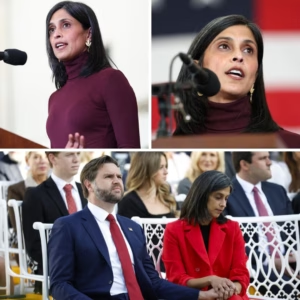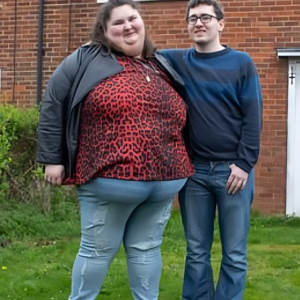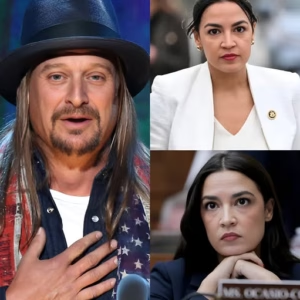My father’s last words to me still live in the quiet corners of my memory:
“If you go through with this, you’re no longer my daughter.”
I was 25 then—newly pregnant, hopeful, and deeply in love with Lucas, a gentle-souled carpenter whose hands carried both strength and sincerity.
But to my father, Lucas’ lack of wealth overshadowed everything else.
That night, with my heart trembling, I walked out of the house where I’d been raised… and stepped into a life I would have to build from the ground up.
The early months were nothing short of exhausting. Lucas and I squeezed ourselves into his tiny home and worked for every bill, every meal, every small moment of stability.
Then life surprised us again—we were expecting triplets.
The nights felt endless. Diapers, feedings, fatigue that lived in our bones.
But through all of it, Lucas and I clung to each other with a quiet determination. We didn’t have much, but what we had was real.
Little by little, his carpentry business began to grow.
And as our home warmed with children’s laughter and the smell of sawdust and cooked meals, I felt a kind of pride money could never buy.
A pride that said: We built this with our own hands.
Then, after three years of silence, the phone rang.
My father’s voice sounded the same—firm, guarded—but beneath it I heard something unfamiliar… a hesitation.
He said he wanted to visit. He said there was still a chance to “come back” to the life he believed I had abandoned.
The next morning, his sleek black car rolled into our driveway like a memory from another world.
He stepped inside our home, his eyes scanning everything—the sturdy shelves Lucas built, the children’s toys, the peace we fought so hard to create.
Finally he whispered, almost confused,
“You’re… not struggling.”
I told him the truth: that we had built a life held together not by wealth, but by love, work, and gratitude.
The kind of stability that grows slow and steady, like a tree rooting itself in good soil.
He left without speaking.
But he didn’t drive away.
Hours later, he was back at the door—this time with tears streaking down his cheeks.
For the first time, he admitted that fear had disguised itself as control, and in trying to protect me, he had pushed me away.
We stood there and embraced, and the silence of three years softened into something warm and human again.
When he finally met the triplets, they ran to him and called him “Grandpa.”
He bent down, covered his face, and cried—not from regret, but from relief.
In that moment, without grand speeches or perfect resolutions, something in our family finally began to heal.
A wound that once felt permanent opened itself to mercy—and found its way home.





